The Legacy of Black Entertainers in Las Vegas
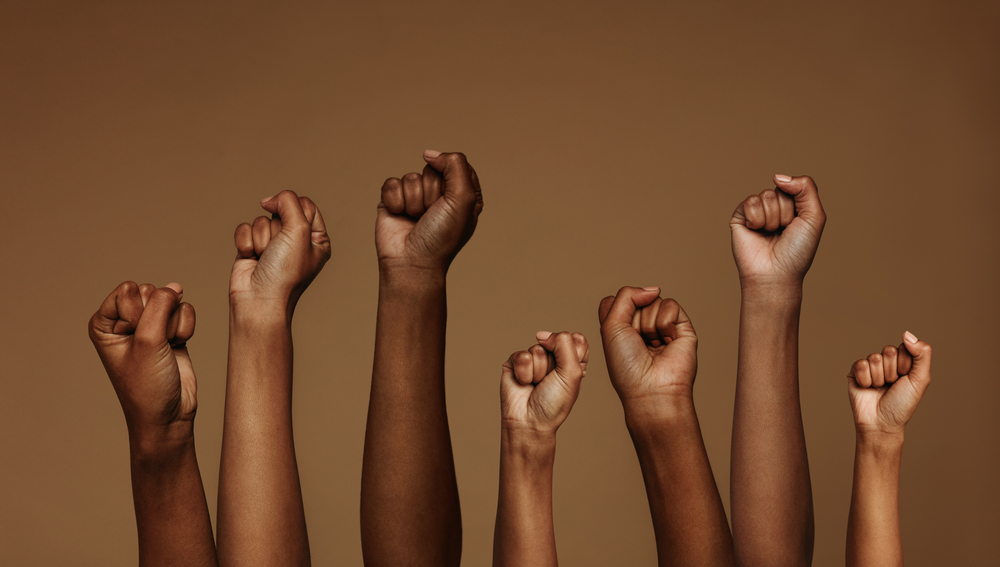 I feel like the contribution of Black entertainers in Las Vegas is not talked about enough. Today, people will talk about John Legend, Usher, Beyonce, and many others, but you won't hear them talk about African American entertainers whose names should be synonymous with Las Vegas.
It all began with Ella Fitzgerald, Nat King Cole, and Lena Horne in the 50s and continued well into the 60s, with Sammy Davis Jr., Harry Belafonte, and many others paving the way for the younger generation. Early Black icons like Diana Ross and Anita Baker still perform in Vegas today.
In the 70s, comedians like Redd Foxx and Flip Wilson entertained large Vegas crowds and opened doors for people like George Wallace, a mainstay in the Strip for over three decades.
I feel like the contribution of Black entertainers in Las Vegas is not talked about enough. Today, people will talk about John Legend, Usher, Beyonce, and many others, but you won't hear them talk about African American entertainers whose names should be synonymous with Las Vegas.
It all began with Ella Fitzgerald, Nat King Cole, and Lena Horne in the 50s and continued well into the 60s, with Sammy Davis Jr., Harry Belafonte, and many others paving the way for the younger generation. Early Black icons like Diana Ross and Anita Baker still perform in Vegas today.
In the 70s, comedians like Redd Foxx and Flip Wilson entertained large Vegas crowds and opened doors for people like George Wallace, a mainstay in the Strip for over three decades.
Controversial History
I think one of the main reasons we are reluctant to talk about the legacy of Black entertainers in Las Vegas is the history of segregation. In fact, Las Vegas used to be known as the "Mississippi of the West." People of color could not find work and residences in the city in the 50s. Instead, they were relegated to back-room jobs. High-profile roles almost exclusively went to their white counterparts. The hard work and protests of many African Americans over time would eventually result in integration.Moulin Rouge
[caption id="attachment_30810" align="alignnone" width="1024"]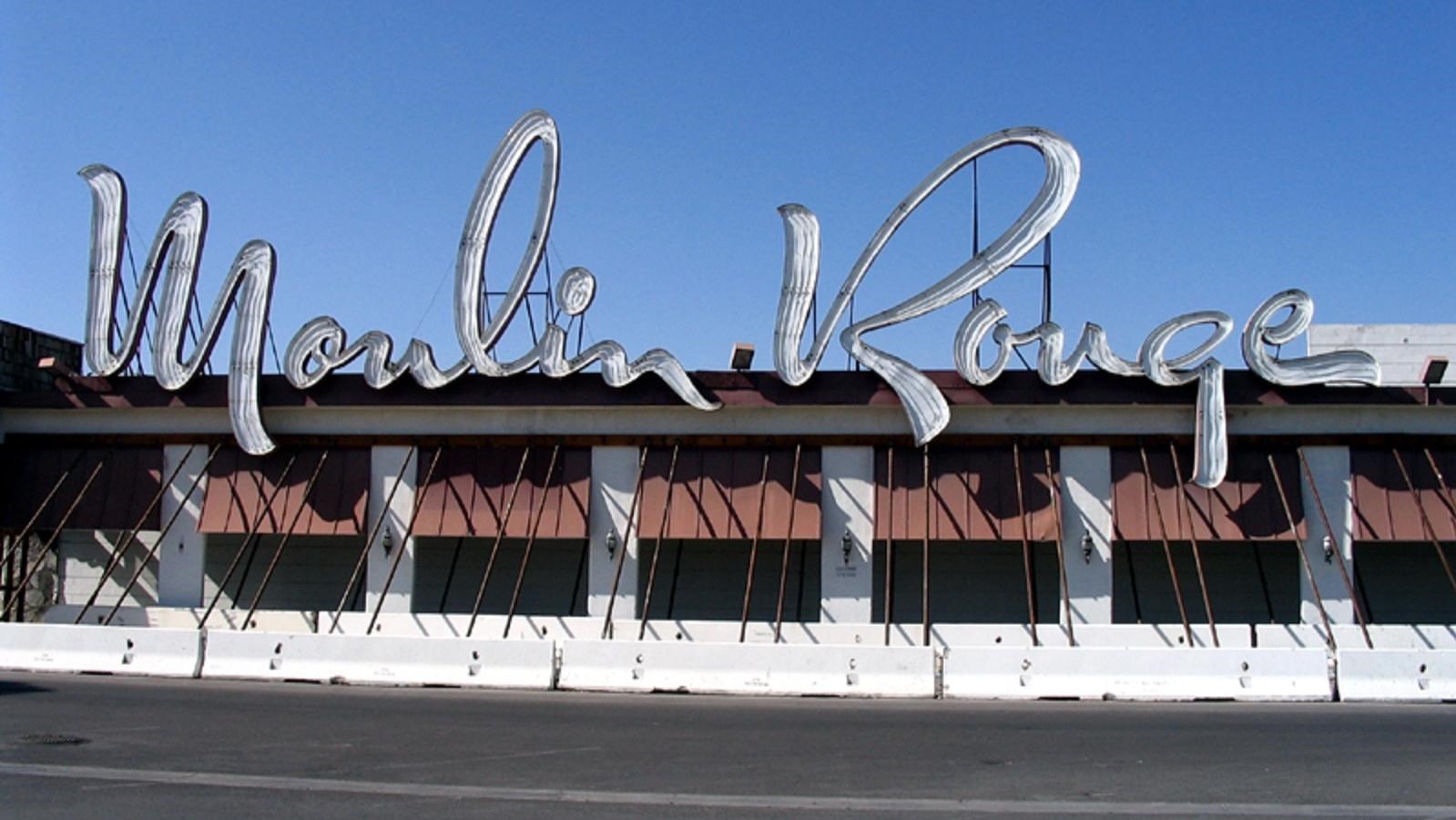 https://www.nps.gov/places/nevada-moulin-rouge-hotel.htm[/caption]
The Moulin Rouge Hotel was a short-lived casino that opened in Las Vegas in 1955. It was the first hotel and casino to allow both black and white patrons to mix, and in fact, encouraged it. The casino remained open only for about six months but attracted some of the biggest performers at the time, including Dean Martin, Ella Fitzgerald, and Bob Hope.
https://www.nps.gov/places/nevada-moulin-rouge-hotel.htm[/caption]
The Moulin Rouge Hotel was a short-lived casino that opened in Las Vegas in 1955. It was the first hotel and casino to allow both black and white patrons to mix, and in fact, encouraged it. The casino remained open only for about six months but attracted some of the biggest performers at the time, including Dean Martin, Ella Fitzgerald, and Bob Hope.








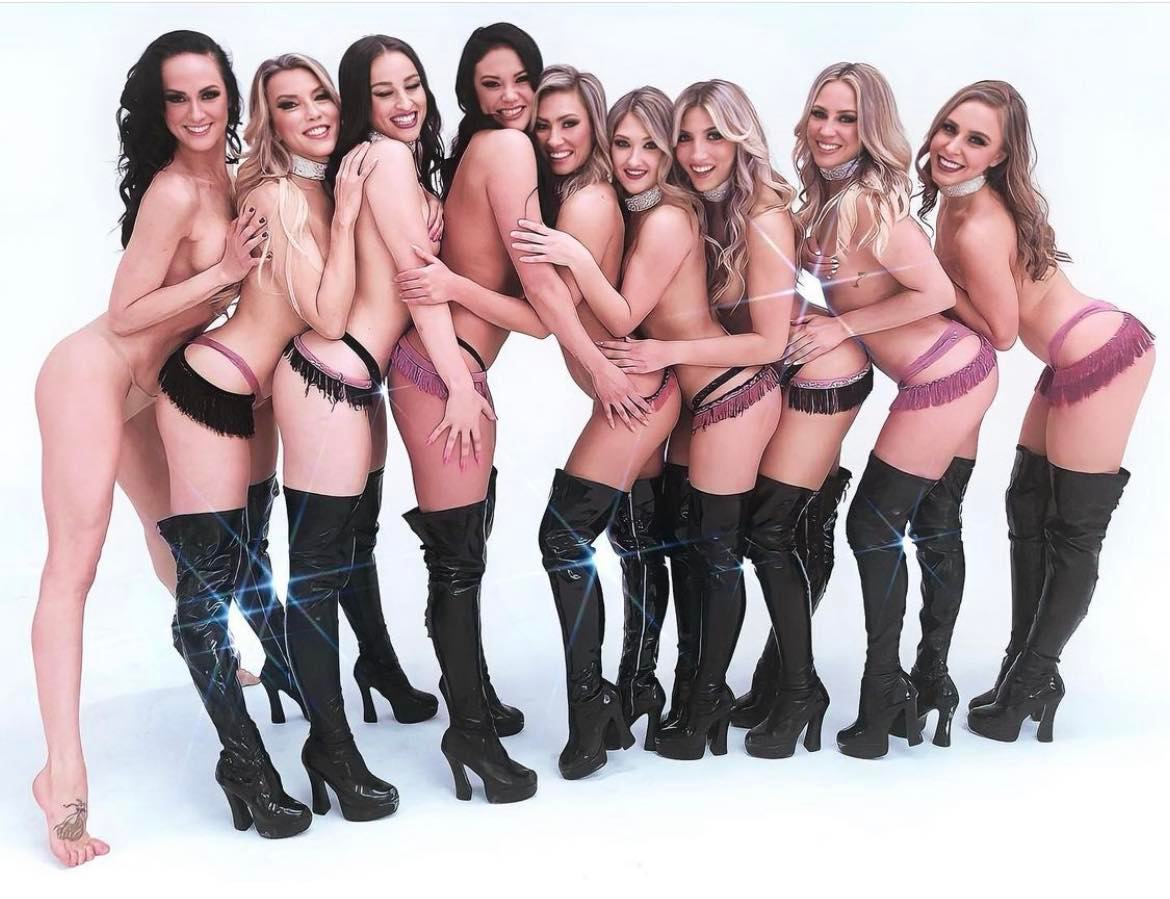


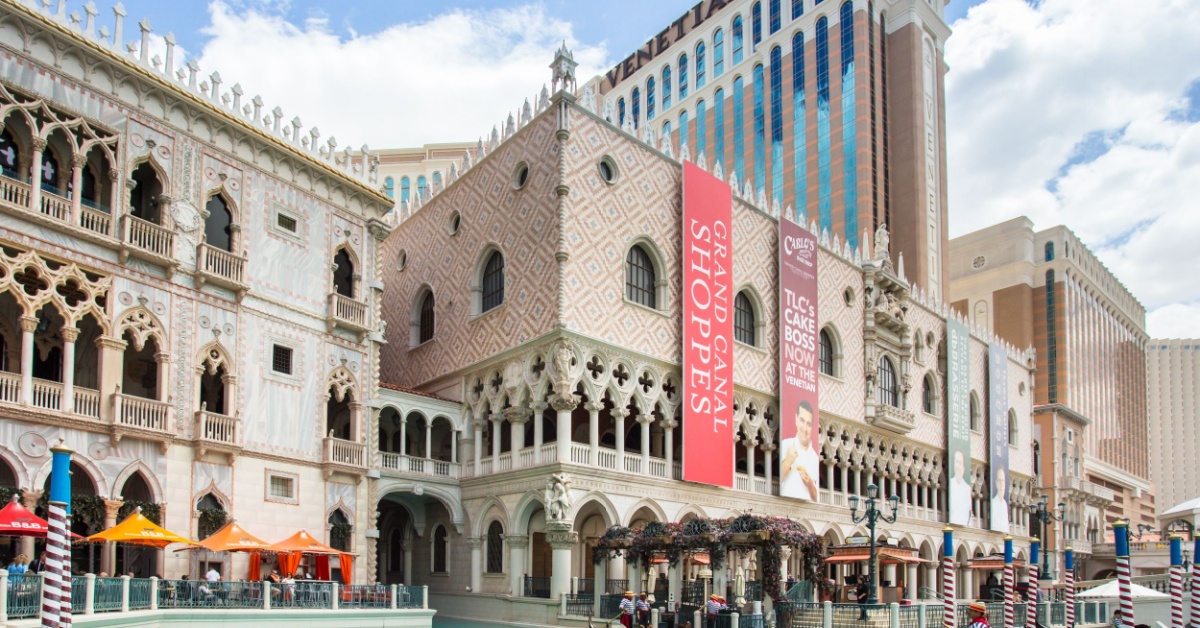

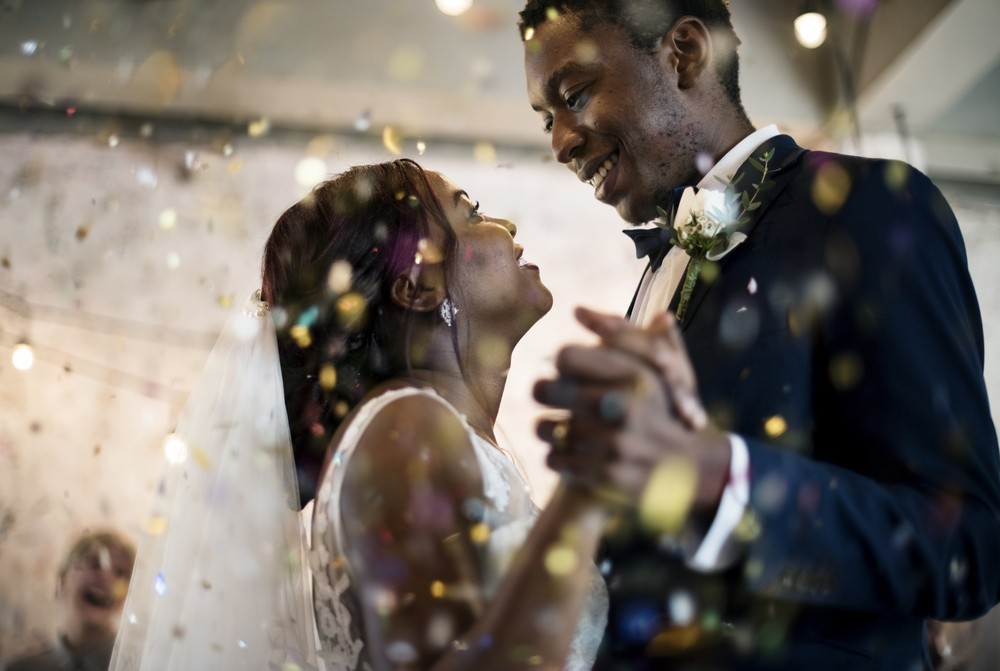




Comments
0 comment